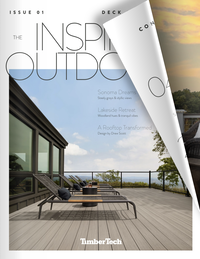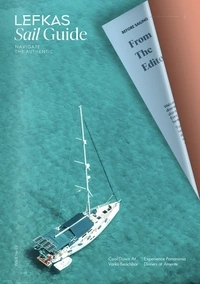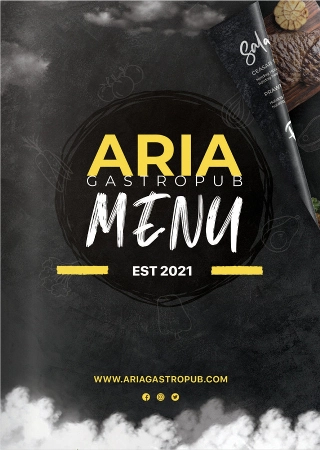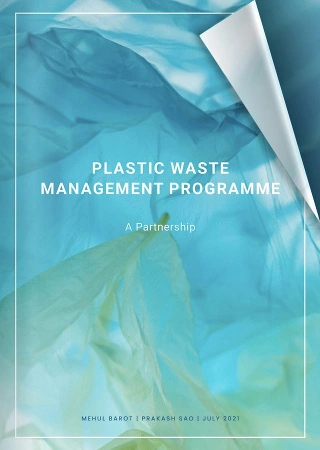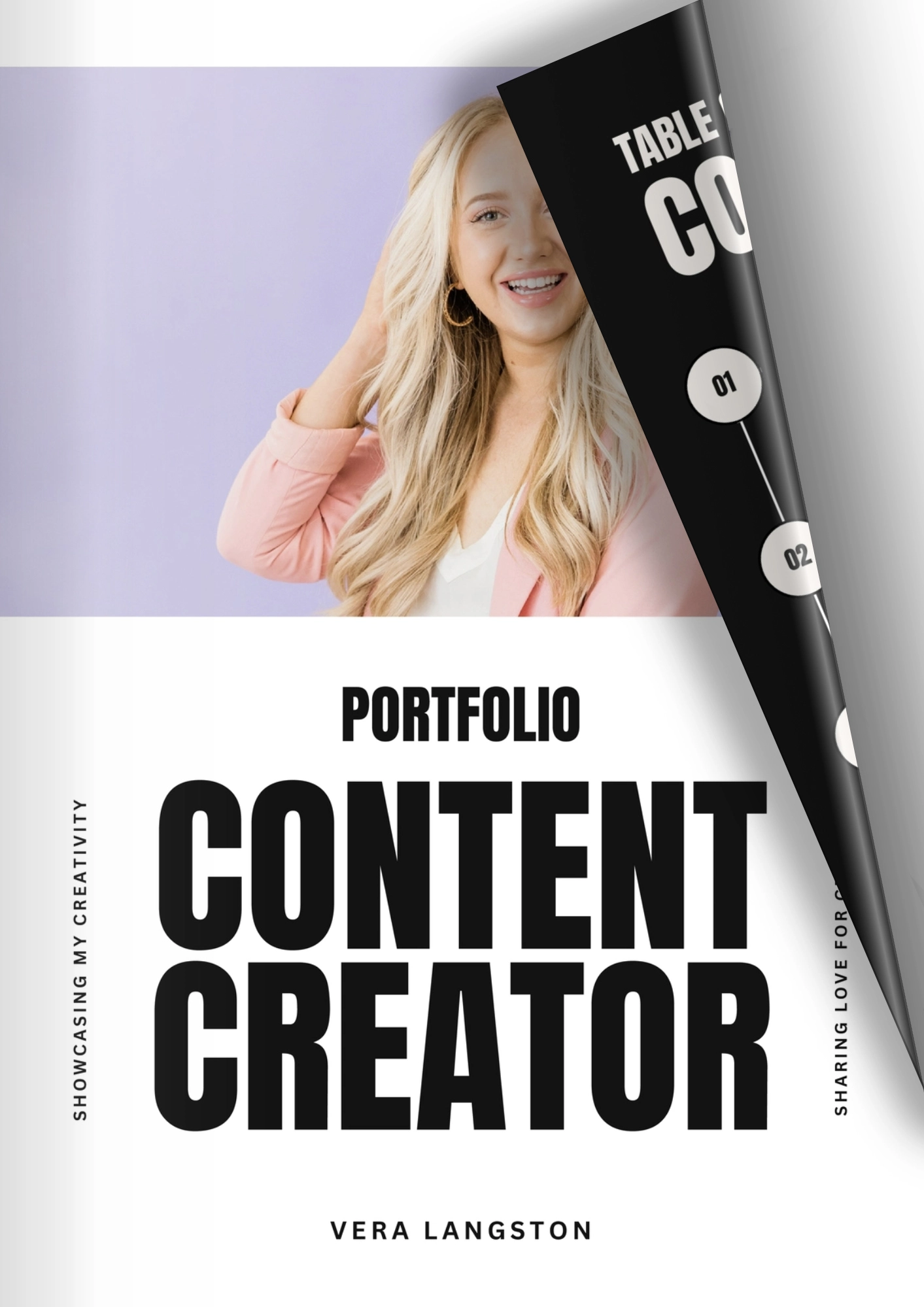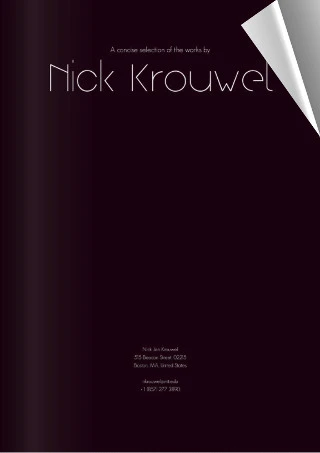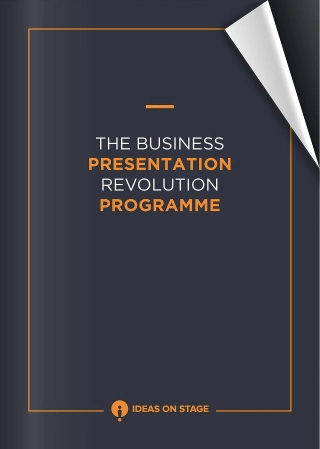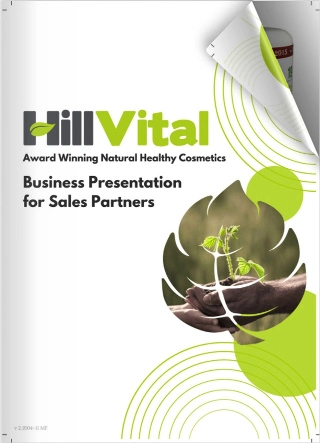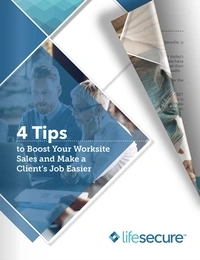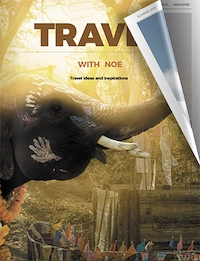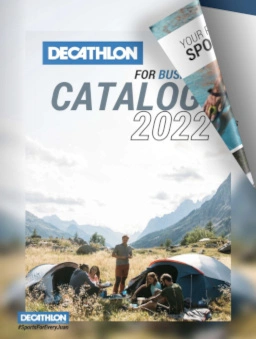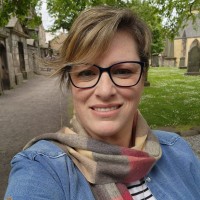Flipbook Maker
Convert PDF into an online flipbook with a realistic page-flip effect and easy access from any device. Customize your online flipbooks, setting a background, adding logo, videos, photo galleries and more. Share your flipbooks with your audience and track their performance in real-time.


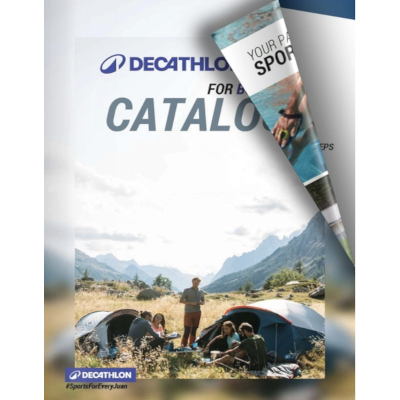
More than 500,000 businesses worldwide already trust Publuu

What is a Flipbook?
A flipbook is an interactive version of a PDF file available online, also known as an HTML5 publication. It looks like a printed document, catalog or a book. Its pages rustle when you flip through them and have characteristic shadows and reflections. You can enhance it with interactive features such as videos, links, GIFs, forms and more. It can be easily shared via direct link and tracked in real time, allowing you to see how many times it was opened, how much time readers spent viewing it, and how it was used.
How to make a digital flipbook online?
1. UPLOAD PDF FILE
First, upload your PDF, and Publuu will instantly convert it into a digital flip book, ready to be customized and shared online.
2. CUSTOMIZE FLIPBOOK
Customize the background, adjust the navigation menu and brand it with your logo. Enrich your content with videos, slideshows, GIFs and more.
3. SHARE AND PUBLISH
Share your flip book across any device with a direct link. Post it on social media or embed on your website with few clicks.
4. TRACK AND ANALYZE
Track your flipbook in real time. Monitor views, clicks, and time spent on each page. Get notified when your content is accessed.
There’s a reason (or 8) why people choose our flipbook maker
Accesible For Everyone – From Everywhere
Publuu’s flipbooks are easily accessible and readable on any device, including smartphones, tablets, and computers. With a responsive and mobile-friendly format, your content is always just a click away—available to anyone, anywhere, at any time.




No Experience, No Coding Required
Publuu helps you create flip books without coding skills. Our no-code flipbook maker is literally for everyone. And if you need any help, our dedicated support team is available every day via chat and email, ready to assist you every step of the way.
Audience Engagement Tools
Make your content come alive with Publuu’s interactive features. Add animated hotspots with photos, audio, and links to grab attention. Include slideshows, videos, and GIFs to create a dynamic experience that keeps your readers engaged. You can even add custom forms or integrate an AI chat right into your flipbook pages making your publication both fun and easy to read.
Advanced Content Protection
Choose the security options that work best for you. Protect your documents with a password or disable download, printing, and sharing features. You can even use embed protection to make sure it’s only viewable on your website. With these options, you can confidently share your content while keeping it safe and exclusive to your audience.












Branding Made Easy
Make your flipbooks a true reflection of your brand. Remove all Publuu branding entirely, add your logo, choose custom colors, and personalize the background. Customize your flipbook along with its direct URL, so it looks truly yours when shared.
Sales Features
With Publuu’s Wishlist feature, your viewers can save their favourite products to a list and send it directly to you via email. The Product Tag feature makes it easy for readers to explore product details, check out discount offers, and even make purchases—turning your flip book into an interactive shopping experience.
Tracking In Real-Time
Get a clear picture of how your audience interacts with your flipbook. Use this valuable data to better understand your clients and improve your content strategy. Plus, easily integrate with Google Analytics for even deeper insights!
Real Time Notifications
Get instant notifications whenever someone opens your flip books. Stay updated with real-time alerts, so you can follow up and connect with your audience while they’re most interested. Don’t miss the moment—engage when it matters most!
Explore inspiring flipbook examples
Flipbooks – great choice for all types of publications!
- Catalogs
- Magazines
- Brochures
- Portfolios
- Presentations
- Flipbooks
Do you sell your services or products online?
Convert your PDF catalog into its online version with Publuu to showcase your products and services in a professional and engaging way. Add animated product tags featuring high-quality media, discounts and CTA buttons to improve your customers’ online shopping experience. Start selling directly from your online catalog today.
Are you a publisher looking to reach a wider audience?
Publuu offers numerous features designed to help magazine publishers attract more readers online. Use these tools to create a more engaging and accessible reading experience, expand your reach, and effectively convert readers into loyal subscribers.
Are you still spending money on expensive printed brochures?
Start promoting your business online for much less with digital brochures. Create them with Publuu, and you’ll impress your clients with their stunning look and always up-to-date content, available 24/7. Send them to any number of customers or potential clients instantly at no extra costs!
Looking for a way to create a portfolio that truly stands out?
Turn your portfolio into a professional-looking, dynamic presentation that showcases your skills, qualifications, and top projects — all without needing advanced graphic design skills! Whether you are showing creative projects, professional achievements, or artistic work, our features help you highlight important key details.
Do you need a professional online presentation?
Each of these documents should always look sleek and be immediately available to your clients. Interactive html5 flipbooks are perfect for this purpose. They will satisfy even the most demanding recipients. Additionally, thanks to the email notification function, you will always know when your presentation has been opened.
For all kinds of teams
No matter the industry or size of your organization, Publuu helps you keep your digital content organized and professionally presented.
Marketing is easier and more effective with Publuu. Eye-catching, interactive elements grab clients’ attention, while lead capture forms built into your flipbooks help you collect customer details.
Publishers can transform traditional publications into interactive flipbooks enriched with multimedia elements. They can easily secure their publications with a password to protect their valuable content too.
Publuu lets you personalize presentations for each client. Thanks to tracking links, sales reps can monitor how each recipient engages with the shared content individually.
Teachers share study materials from anywhere, and students can access them on any device, reducing the need for physical books.
An affordable solution for growing businesses — make and share marketing materials that look great and cost much less than printing.
Our platform helps non-profits share their mission and connect with supporters using very easy-to-navigate, impactful flip book publications.
Graphic designers, illustrators, and creative agencies can showcase their work with various effective sharing options. They can even print a QR code on their business cards, giving clients one-click access to their portfolio.
By embedding photo galleries, videos, and 360° virtual tours, you provide potential buyers with a complete view of properties, making them more interested and more likely to reach out.
Managing flipbooks like a PRO
Our customers talk about our online flipbook maker
Our customers also ask:
-
Is it easy to make a flipbook with Publuu?
Yes, it’s totally easy! You don’t need any design or coding skills to make your own beautiful flipbook – just prepare your PDF file and use the upload button at the top of this page to transform it into an interactive flipbook.
-
How do you create a flipbook with Publuu?
To create a flipbook, you need to prepare a PDF file with your content, then create a free account at Publuu and upload a file. Our Online Flipbook Maker will convert it into a fantastic flipbook that you can easily customize with your branding, share anywhere on the web, and track its real-time performance.
-
What is the difference between a PDF and a flipbook?
PDFs remain one of the most popular file types, but they lack many essential functions. A digital flipbook created with Publuu has a realistic page flip effect, can be easily shared and enriched by plenty of interactive elements. Moreover, our tool lets you to track your content the real-time performance , which isn’t possible with a simple PDF file.
-
How do I create a flipbook for free?
You can create your first stunning flippingbook catalog, magazine, and brochure during the free trial that Publuu offers and try all of the great functions, such as statistics, tracking links, lead generation tool and much more.
-
Is Publuu a secure and reliable platform for hosting and sharing my content?
Publuu is a well-established flipbook platform trusted by numerous businesses for its reliability and security. It follows strict industry standards to ensure data protection and content security.
-
How many pages can a digital flipbook have?
Publuu allows you to create a digital flipbook with an unlimited number of pages – each one with the page-flipping effects, sounds, and reflections that resemble a real publication.
-
What materials do you need to make a flipbook with Publuu?
Actually, all you need is a simple PDF file, nothing more – after uploading it to Publuu, it will be automatically converted to a ready-to-use online flipbook.
-
Will you display any ads in my flipbook?
No, there will never be any ads distracting your recipients from your content.
-
Can I update my flipbook after sharing it?
Absolutely! With Publuu’s replace feature, you can update your flipbook’s content even after sharing it, without changing the link or losing any analytics data. This ensures your audience always has access to the latest version effortlessly.








